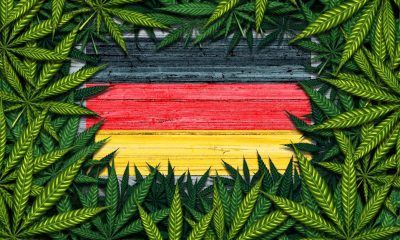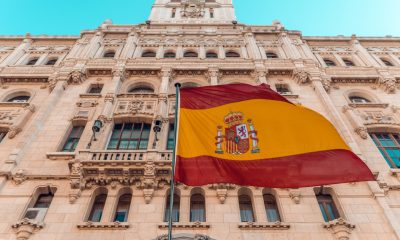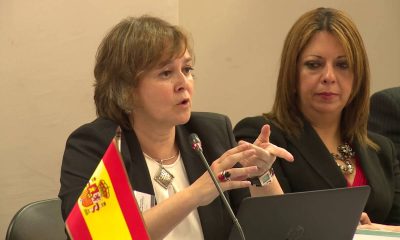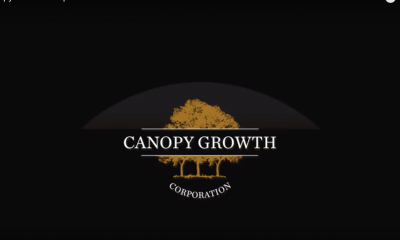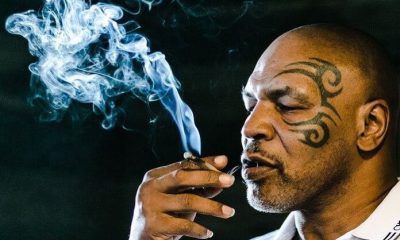President of Colombia from 1990 to 1994, at the height of the drug cartels' power, César Gaviria faced threats, attacks and the greatest public enemy in recent Colombian history, the mega-trafficker Pablo Escobar (1949-1993), killed during his government, while side of thousands of victims of the war that devastated the country.
The clash between the two was popularized in Brazil through the success of the Netflix series “Narcos”, in which Wagner Moura played Escobar and Raúl Méndez, Gaviria. “I really enjoyed the series. They realistically recreated many of the difficult situations and decisions I had to face,” he tells Sheet.
Since 2011, Gaviria has joined former presidents Fernando Henrique Cardoso (Brazil) and Ernesto Zedillo (Mexico) to challenge common sense on drug policy. From this initiative, in 2011, the Global Commission on Drug Policy emerged, which brings together authorities from different backgrounds, such as former UN Secretary General Kofi Annan and Nobel Prize in Literature Mario Vargas Llosa.
In its most recent report –to be released this Tuesday (28) in São Paulo, in debate at the Instituto Fernando Henrique Cardoso with the presence of Gaviria–, the Global Commission preaches that the decriminalization of drug possession for personal use (celebrated by the progressives of the drug policy debate) proves to be insufficient, as it maintains fines or compulsory treatment for drug users instead of focusing policies on prevention.
Read excerpts from an interview conducted by email below.
Folha – Why is decriminalizing drug possession for personal use not enough, as the new report by the Global Commission points out?
Cesar Gaviria – Punishment –even a small one, such as a fine– is not an efficient instrument for preventing drug use, much less its abuse. Judicially requiring someone to undergo treatment is also inefficient. Experiences show that measures such as these only create obstacles for people who make problem drug use to seek help and receive adequate support. If a government wants to prevent drug abuse, it needs to focus on prevention: providing information necessary for people to deal with substance use, as well as harm reduction measures.
There is a global campaign to regulate the cannabis market, as has been done in Uruguay and by American states. Is it not a naive effort in the face of the challenges posed by the war on drugs and its consequences?
Regulating cannabis is an important start. Estimates vary from country to country, but around 80% of drug users are cannabis users. That's a big part of the market. Furthermore, we know more about cannabis than we do about other drugs, and there are almost no overdose records related to it. All this means that it is a drug with which governments can experiment with regulatory models in a safer way, maturing their understanding and then dealing with more dangerous drugs.
Will regulating the markets for all drugs rid the world of violence linked to organized crime financed by trafficking?
Not. But it would diminish the profit, influence and recruiting power of these organizations. And it would help pave the way for a reorientation of the way we deal with organized crime. Currently, our policies focus on small dealers when they should be using intelligence resources to dismantle networks from the top and money laundering schemes.
Mr. Do you see the regulation of the cannabis market in the US as anti-war action or something of a commercial nature?
Both. No one can be naive to think that economic incentives didn't factor into the equation. The US is the US, after all. But what convinced Americans to change their views on cannabis regulation was not how much they would raise in taxes, but the amount of money spent on ineffective policies, like sending small-time dealers to jail instead of investing in education and health. People became convinced of the bankruptcy of prohibitionist policies.
In this same sense, what would Colombia be today if the cocaine market had been regulated and taxed decades ago?
It would be a completely different country. Who knows? I don't care about Futurology, but politics do, and without a doubt the peace accords will be a special chapter in our drug policy. We hope to dramatically reduce the amount of resources spent on fighting cartels and on the prison system.
Looking back, Mr. would you handle the challenges he faced in this area as president differently?
Yes. The Constitutional Court partially decriminalized drug use in Colombia in 1994, but I could have done that much earlier. It could also have invested in policies for the youth entangled in the ranks of the cartels or in the farmers who grew coca to ensure their survival. Today we know more about what makes people get involved in the drug production and sale chain and we can design better and more humane policies.
The series “Narcos” popularized Colombia's drama with drug trafficking, as well as the figure of Pablo Escobar and his role as an antagonist. Mr. was consulted? Did you like the result?
I wasn't consulted, but I really enjoyed the series. They realistically recreated many of the difficult situations and decisions I had to face on numerous occasions. They certainly did great research and were very serious about addressing the reality of those days. As with any historical novel, many parts are fiction.

Decriminalizing drug possession is not enough, says former Colombian president César Gaviria
X-RAY
CESAR GAVIRIA
Birth & Standardization
March 31, 1947
Careers
An economist, he was mayor of his hometown and federal deputy before being elected president in 1989, after the assassination of Luís Carlos Galán. He ruled from 1990 to 94
Online
He was portrayed as an antagonist of drug dealer Pablo Escobar in television series








